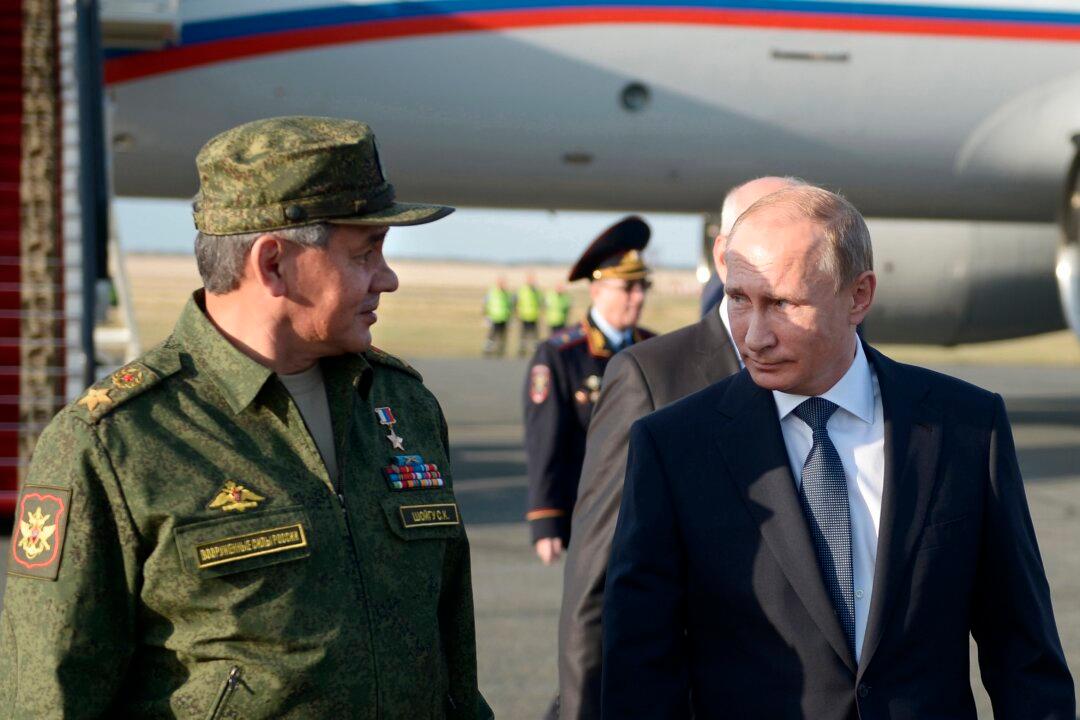Civil war has left Syria a country in name only. The U.N. counts at least 270,000 people killed and a million more injured since fighting began in 2011. In the first eight months of 2015, half a million refugees from Syria and beyond have flooded Europe.
It is a serious crisis, and both Russian President Vladimir Putin and European Union Commission President Jean-Claude Juncker proved that they will not let this crisis “go to waste.”
The European Union Response
In Strasbourg, on Sept. 9, Juncker called for new measures that would mandate how refugees will be redistributed across the European Union. It was a tacit admission that the EU lacks the power or legitimacy to solve the refugee crisis and can, at best, hope to come up with a way to “manage” it.
His solution—EU-mandated quotas for member states, regardless of whether or not their publics or governments like it—reflects the arrogant high-handedness typical of an EU bureaucrat. It assumes that a country like the Czech Republic should be forced to take and settle refugees who were likely drawn to Europe by the open door policies of neighboring nations such as Germany or Sweden.
Juncker also called for “common asylum standards” and thundered that “European laws must be applied by all member states.” It’s obvious that the commission president wants to use the refugee crisis to erode the power of national governments, further consolidate political power within the EU, and force the dictates of Brussels’s bureaucrats on the unwashed masses—all in the name of humanitarianism, of course!
